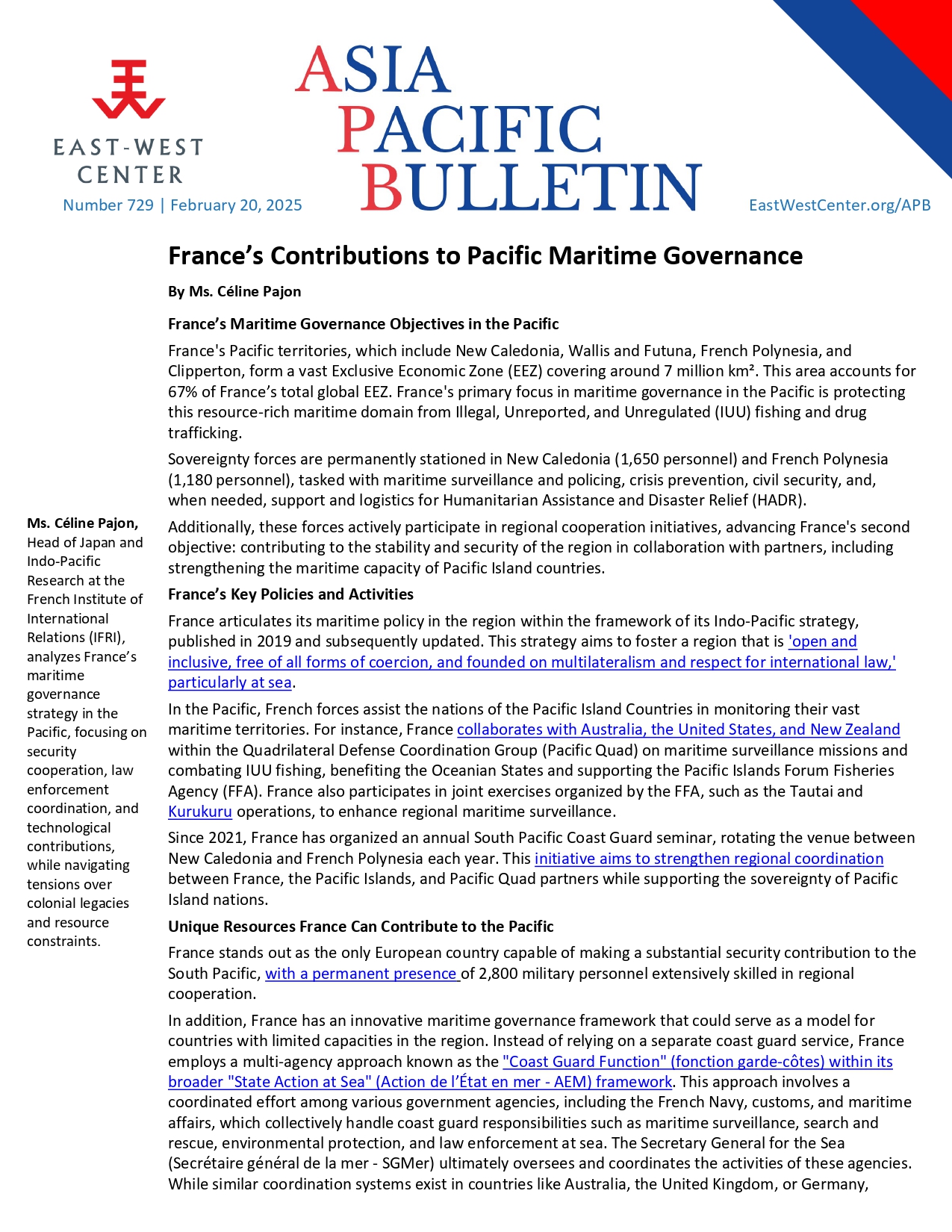Hospital Chains in India: The Coming of Age?

In many countries, the provision of hospital care is turning into an industry with the increasing presence of large corporate hospital chains. Along with public agencies and small private operators, corporations are now investing in the Indian hospital sector.
Since the 1980s, health sector reforms and the liberalization policy in India have created new profit-making opportunities in the health care market for local and international corporations. A new pro-market regulatory environment has helped private corporations to invest in the hospital sector.
While the demand for hospital care has increased in India, public and private hospital care providers failed to deliver not only in terms of volume (i.e. number of beds) but also in term of quality of care. With such an untapped market and a favourable regulatory environment, corporations see a tremendous growth potential in Indian hospital care.
This paper documents the formation of corporate hospital chains in India, their increasing prominence in the delivery of hospital care, and central and state government's role in this transformation.

Available in:
Regions and themes
ISBN / ISSN
Share
Download the full analysis
This page contains only a summary of our work. If you would like to have access to all the information from our research on the subject, you can download the full version in PDF format.
Hospital Chains in India: The Coming of Age?
Related centers and programs
Discover our other research centers and programsFind out more
Discover all our analyses
The China-led AIIB, a geopolitical tool?
The establishment of the Asian Infrastructure Investment Bank (AIIB) in 2016, on a Chinese initiative, constituted an attempt to bridge the gap in infrastructure financing in Asia. However, it was also perceived in the West as a potential vehicle for China’s geostrategic agendas, fueling the suspicion that the institution might compete rather than align with existing multilateral development banks (MDBs) and impose its own standards.
Jammu and Kashmir in the Aftermath of August 2019
The abrogation of Article 370, which granted special status to the state of Jammu and Kashmir (J&K), has been on the agenda of the Bharatiya Janata Party (BJP) for many decades.

France’s Contributions to Pacific Maritime Governance
France stands out as the only European country capable of making a substantial security contribution to the South Pacific, with a permanent presence of 2,800 military personnel extensively skilled in regional cooperation.
Unlocking India’s Energy Transition: Addressing Grid Flexibility Challenges and Solutions
India is rapidly scaling up its renewable energy (RE) capacity, adding 15–20 GW annually, but the ambitious goal of 500 GW of non-fossil capacity by 2030 is at risk unless the pace accelerates.










